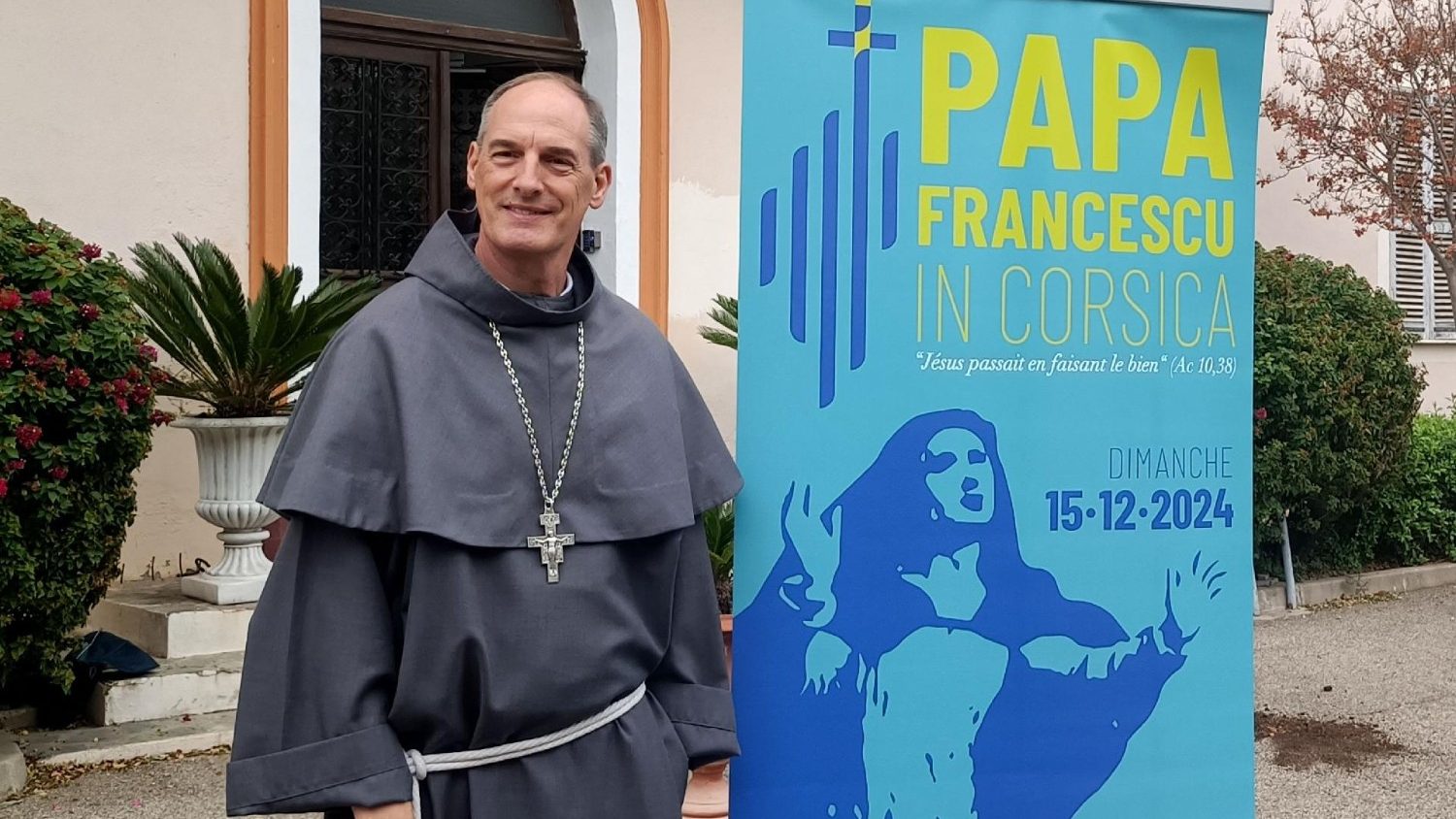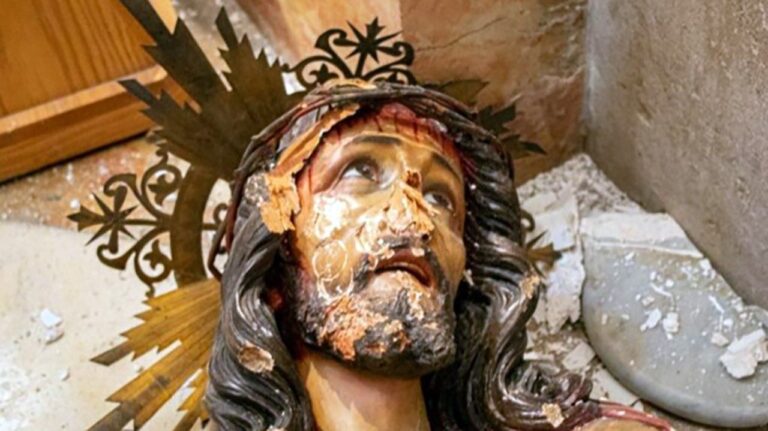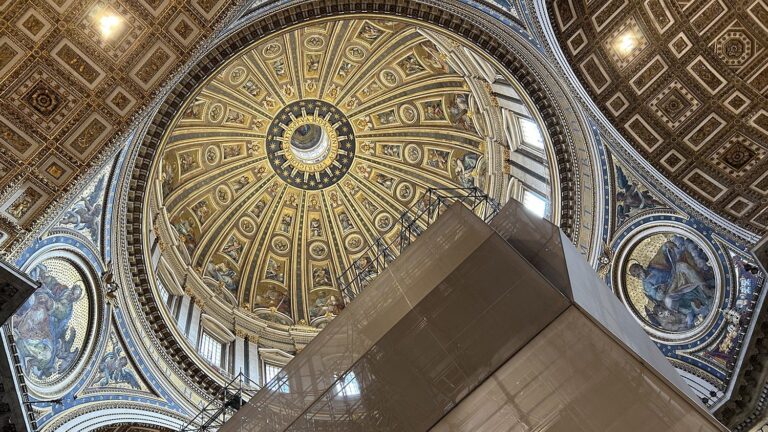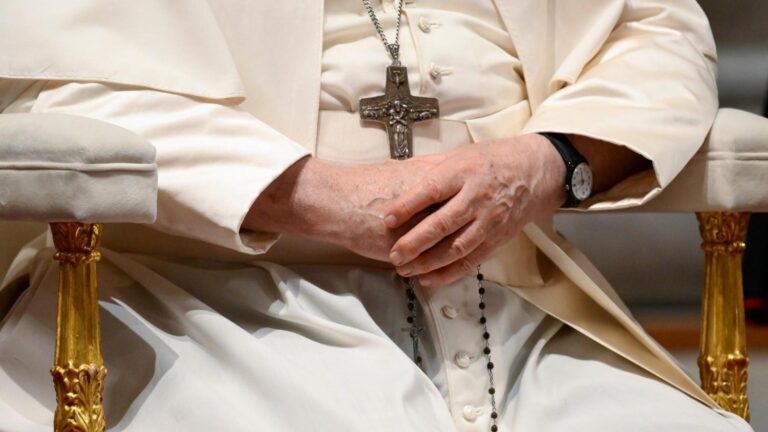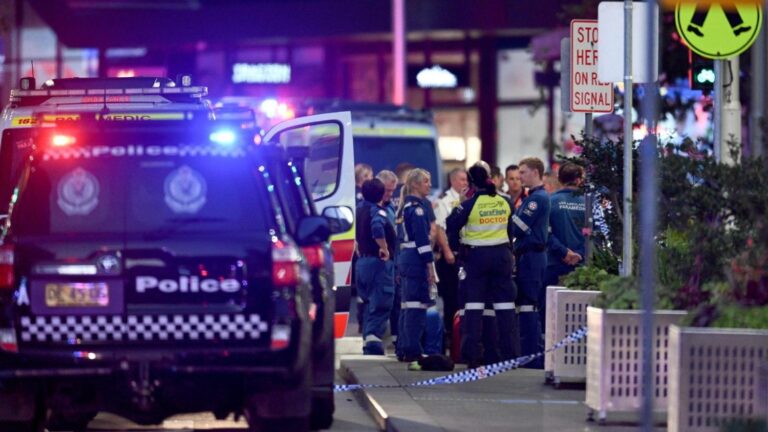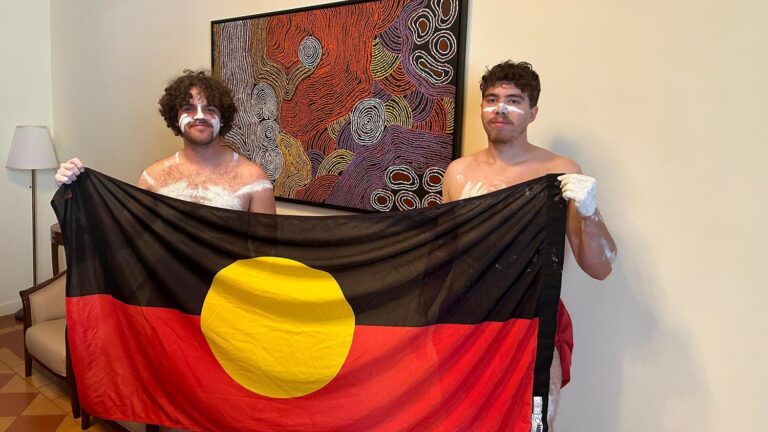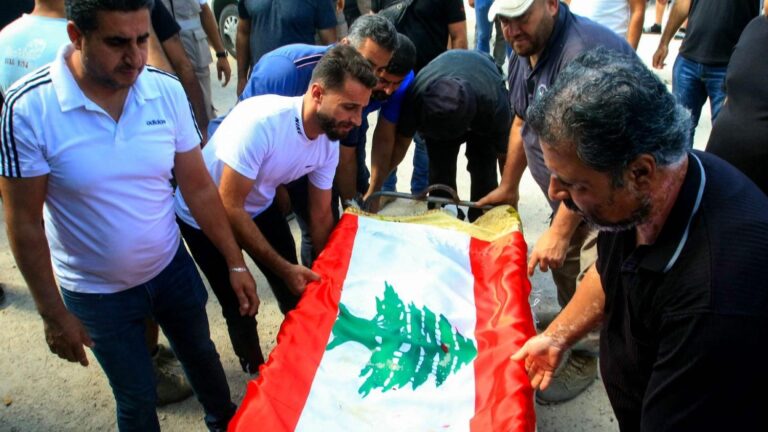Cardinal Bustillo: ‘Pope Francis’ visit to Corsica is a Christmas present’
Vatican news
The Bishop of Ajaccio, Cardinal François-Xavier Bustillo, speaks to Vatican News in mid-December about Pope Francis’ apostolic trip to Corsica and says he considers it a special gift for the Church local.
By Jean Charles Putzolu
Cardinal François-Xavier Bustillo, bishop of Ajaccio, describes Pope Francis’ one-day visit to Corsica next December as a “great Christmas gift.” Speaking to Vatican News, he said the island’s Church receives this special gift “not as a privilege, but as a responsibility to honor our memory and inspire our future.” In the interview he explains the purpose of this apostolic journey and talks about the Church in Corsica and the Catholic devotion of its people.
What is the purpose of the Pope’s visit to Corsica?
Cardinal Bustillo We have organized a congress on the popular religious traditions of the Mediterranean, so there will be bishops from Sicily, Sardinia,
Spain and France. It is a moment when we wish to share with each other what we are, what we live and these popular religious traditions that exist in our countries. I also thought it was important to bring a theological dimension. Instead of considering certain popular traditions as simple folklore, it is about seeing them as an opportunity to evangelize through the popular traditions that have been transmitted to us by our ancestors.
How important is it that the Holy Father comes personally to celebrate these popular traditions?
Cardinal Bustillo It is a way of encouraging the mission through these methods. When we think about mission, we sometimes think about strategies and feel like we need to study marketing and so on. But we also have very simple traditions that do not require special marketing strategies. All we have to do is go out into the street, express our devotion to the Madonna or a saint, sing, honor, walk and simply say that we are believers. The mission therefore has these two aspects. There is also a more sophisticated aspect, involving reflection and an adapted response. Then there are popular traditions that say, “Look, this is what we already have.” We start from there and perhaps go further with these traditions, beyond just the popular traditions that you just mentioned, which will also be the focus of this congress.
How would you describe the Corsican Church?
Cardinal Bustillo Our Church is a Church closely linked to Catholic traditions. As it is an island and in smaller communities, they have preserved traditions linked to a saint, a martyr or the Madonna. My Church is therefore the one which has kept the traditional, spiritual and religious dimension. What seems important to me is not to stay only at the level of external or external traditions but to see how these traditions inspire us to live fully and with passion. This is the message, the Gospel. Jesus tells us: “Go out into the streets.” Jesus said: “Go two by two.” He invites us to risk meeting others, and during popular gatherings, there is a meeting with others, possibly people from all walks of life – from the right, from the left, friends, enemies – all united by faith. I think it’s important. In my country and in my diocese, these traditions bring people together. People expect the priest, priest or bishop to celebrate and honor this movement, even in the streets of our cities.
Corsican Catholics are French Catholics but do they live their Catholic faith differently from those on the continent?
Cardinal Bustillo There is more serenity, in my opinion. My Catholics, even with civil authorities – parliamentarians, senators, mayors – do not encounter great difficulties in relations between the Church and civil authorities. There is therefore a secularism. Of course, everyone has their responsibilities in the city, but we live it in a serene and responsible manner, each in their place but always wanting the good of all and the well-being of our residents.
We know to what extent Pope Francis is attached to the issues of Mediterranean countries. Corsica has almost always been represented at Mediterranean meetings. What is the role of the island in the “peace laboratory” that is Mare Nostrum?
Cardinal Bustillo We are in a truly strategic position. We are close to Sardinia, so it is important for us to work on our traditions so that they can extend beyond our island. This is why it is good to talk about a “laboratory” and to be able to transmit a peaceful and serene life between civil authorities and religious authorities, connected to people elsewhere.
We see that there are many wars even here in the Mediterranean, so how can we transmit a peaceful, fraternal and serene life through our traditions? This is why we want civil and ecclesiastical authorities to be able to dialogue. Today we cannot be institutional enemies. There must be a responsibility, a commitment for the good of our people, because if we stay among ourselves, we forget the people, the community. And the community needs civil authorities committed to its well-being, and spiritual authorities who think of the soul, reminding them that there are values, ideals and a shared vision, even if each authority has its own own role.
Do you remember a visit by a successor of Peter to Corsica?
Cardinal Bustillo No, I don’t think there was. There was never a visit.
So, is Pope Francis’ visit on December 15 his Christmas present to you?
Cardinal Bustillo It’s a nice Christmas present. The Lord is good, and the important thing is that we receive this gift, not as a privilege, but as a responsibility to honor our memory and inspire our future.
Vatican news
sc
